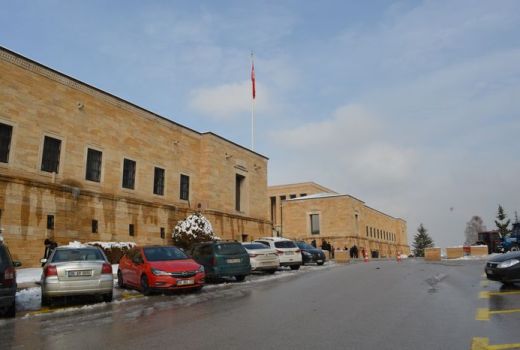The Red Army’s Intervention and the Shift in Government (1944)
Attempted Change in Foreign Policy (September 8, 1944)
The Moraviev government sought to alter Bulgaria’s pro-German foreign policy and declared war on Germany on September 8, 1944. However, the Russians, anticipating this decision, declared war on Bulgaria on September 5, before Bulgaria’s declaration against Germany came into effect. The Russian objective was to have a legal pretext for occupying and subjugating Bulgaria while it technically remained allied with Germany.
Red Army Invasion and Coup (September 9, 1944)
Following the Red Army’s invasion, the Bulgarian armed forces staged a coup on September 9, 1944, leading to the establishment of a new government. This government included representatives from the Bulgarian National Agrarian Union, the country’s largest political organization, along with Communists, Social Democrats, and minority groups. To expedite an armistice agreement, non-Communist elements in the government were compelled to accept the Red Army’s occupation of Bulgaria. On October 28, 1944, Bulgaria signed an armistice agreement with the United States, the United Kingdom, and the Soviet Union in Moscow Daily Tours Istanbul.
Mass Executions and Purge of the Bulgarian Army (September 1944)
After the Bulgarian coup of September 9, 1944, the Communists, supported by the Red Army, initiated mass executions of perceived enemies, labeling them as “Fascists.” The Soviet military authorities, along with their Bulgarian collaborators, gradually took control of the Bulgarian Army by purging the officers’ corps, branding many as “Fascist.” This purge marked the most significant aspect of Soviet intervention in Bulgaria. The Bulgarian minister of defense attempted to distinguish between a small minority with Fascist records and the majority following government instructions. The Soviet commander accused the Bulgarian minister of defense of protecting “Fascist officers” and threatened direct intervention by Soviet armed forces.



